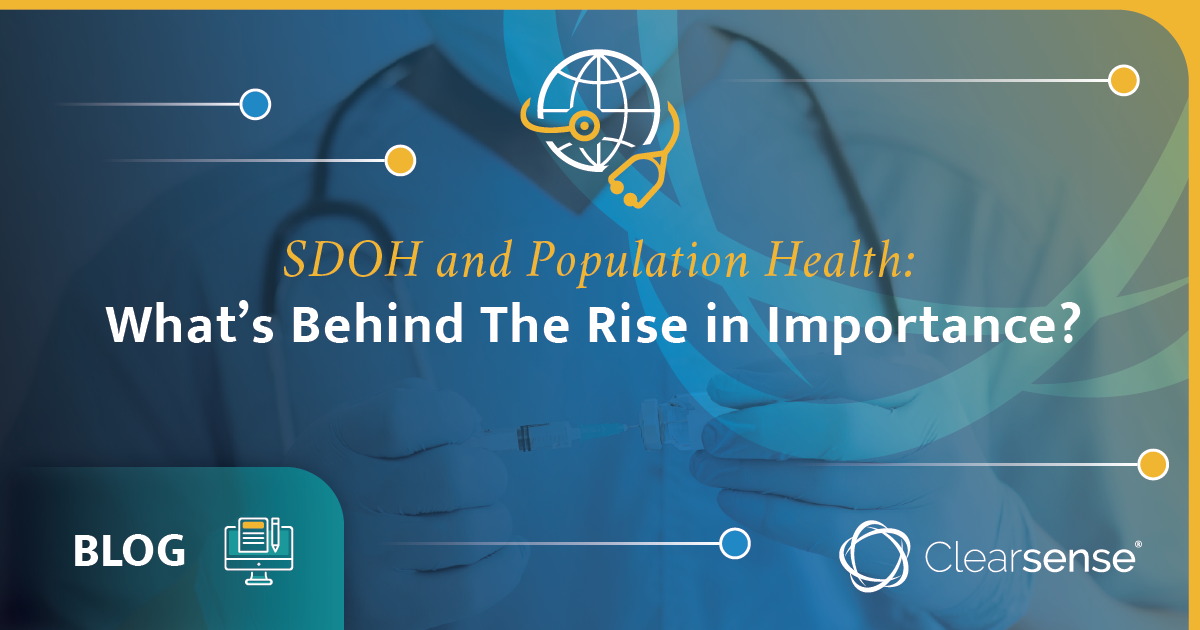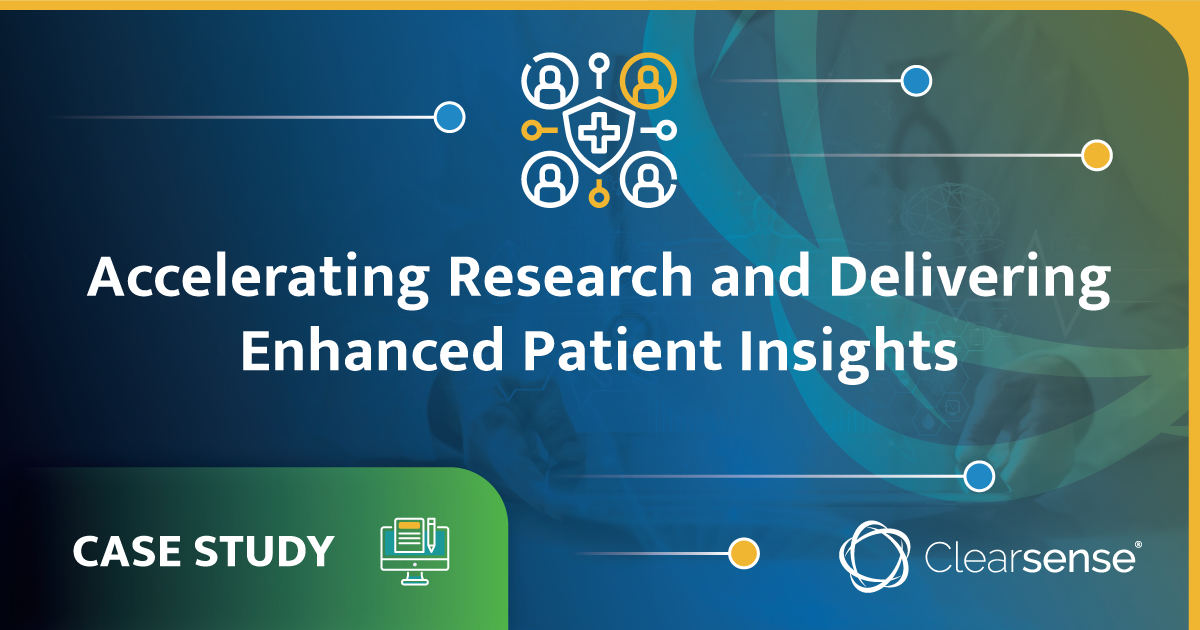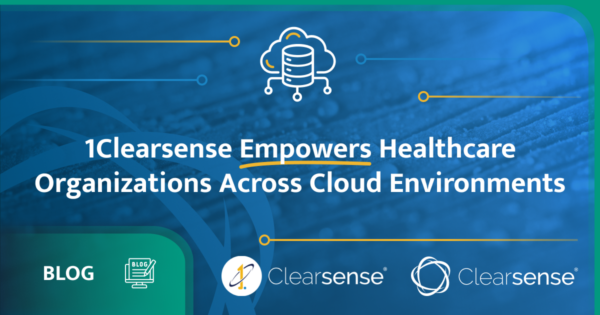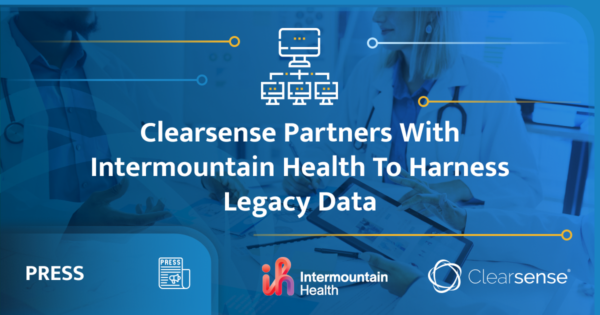
In recent years, there has been growing recognition of the importance of social determinants of health (SDOH) in shaping health outcomes. SDOH are the conditions in which people are born, grow, live, work, and age, and they include factors such as housing, education, income, and access to healthcare. At Clearsense, we believe that understanding and addressing SDOH is essential for effective population health management.

The Importance of Social Determinants of Health
SDOH play a critical role in shaping health outcomes. Studies have shown that individuals with lower incomes and less education are more likely to suffer from chronic diseases and have poorer health outcomes than those with higher incomes and more education. Housing insecurity and food insecurity are also associated with poorer health outcomes.
To effectively manage population health, healthcare organizations must take into account the social determinants that influence health outcomes. By understanding the social factors that contribute to poor health, healthcare organizations can develop targeted interventions that address these factors and improve health outcomes.
The Intersection of Social Determinants of Health and Population Health
Population health management is closely related to SDOH, as both focus on improving the health outcomes of entire populations. By taking a population health approach that addresses SDOH, healthcare organizations can improve the health outcomes of their patients and reduce costs.
At Clearsense, we recognize the importance of addressing SDOH in population health management. Our platform uses advanced data analytics tools to identify patterns and trends in health, including those related to SDOH. By analyzing data on social factors such as housing, education, and income, we help healthcare organizations to identify gaps in care and develop targeted interventions that address SDOH and improve health outcomes.
Identifying Gaps in Care and Upcoming Healthcare Trends
In addition to addressing SDOH, our platform can also help healthcare organizations to identify gaps in care and stay ahead of upcoming healthcare trends. By analyzing data from a variety of sources, including electronic health records (EHRs), claims data, and patient-generated data, we provide healthcare organizations with insights into patient health, utilization patterns, and healthcare trends.
By identifying gaps in care, healthcare organizations can develop targeted interventions that improve health outcomes and reduce costs. By staying ahead of upcoming healthcare trends, healthcare organizations can position themselves for success in a rapidly changing industry.
Social determinants of health are a critical factor in shaping health outcomes, and addressing them is essential for effective population health management. At Clearsense, we are committed to helping healthcare organizations address SDOH and improve health outcomes by providing them with the data analytics tools they need to succeed. By identifying gaps in care and staying ahead of upcoming healthcare trends, we help healthcare organizations to provide better care for their patients and reduce costs.
Citations
“Social Determinants of Health: What Are They and Why Do They Matter?” Health Affairs, October 2017.
“Social Determinants of Health and Health Disparities,” Healthy People 2020, accessed March 2023.
“The Role of Social Determinants in Promoting Health and Health Equity,” American Public Health Association, 2017.











